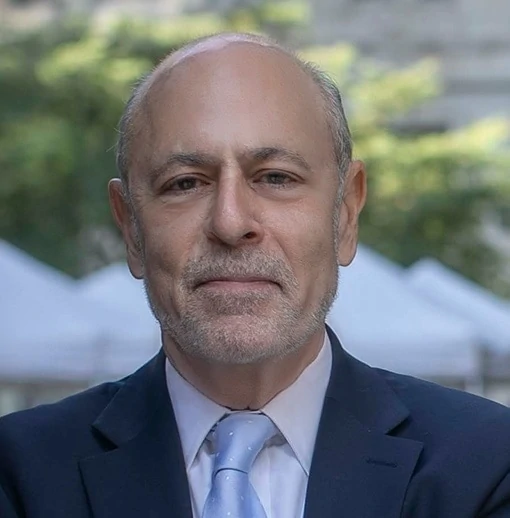What is the False Claims Act?
The False Claims Act is a federal law that allows whistleblowers and the government to sue persons and companies who defraud the government for damages and penalties. False Claims Act lawsuits are often used to sue government contractors or healthcare companies for submitting “false claims” to the government for payment, but the Act covers a wide range of fraud against nearly any government program. The Act is the primary law used to fight fraud against the government.
Does my state have a state False Claims Act?
Probably. Currently 29 states and the District of Columbia have false claims act. The Illinois False Claims Act, for example, applies to persons and companies who defraud the state or local governments. In addition, a number of local governments have false claims ordinances or laws.
What does “qui tam” mean?
“Qui Tam” is short for a Latin phrase that means “he who brings an action for the king as well as for himself.” The phrase describes cases where a private individual—often called a “relator” or whistleblower—sues on behalf of the government. The False Claims Act is a “qui tam” law because a private individual whistleblower can sue on behalf of the government about fraud on the government. If the lawsuit is successful, the private individual can receive part of the damages or financial penalties recovered by the government.
How do qui tam lawsuits work?
If an individual has knowledge about fraud on the government, they can file a lawsuit against the person or entity committing the fraud. Initially, the lawsuit is filed under seal, which means that no one other than the individual who filed the lawsuit (the whistleblower or “relator”), the government, and the court know about the lawsuit. Then, the government will sometimes “intervene,” which means the government actively joins the lawsuit against the defendant. Sometimes the government “declines” to intervene, which means the whistleblower primarily litigates the lawsuit. Either way, the lawsuit then proceeds to traditional litigation and at the end, the whistleblower and government split the money recovered.
Who is a relator?
A relator is a private individual who files a qui tam lawsuit, like False Claims Act lawsuit. A whistleblower must be represented by an attorney to file a False Claims Act lawsuit.
Are there protections for whistleblowers who file suit?
Yes. When a False Claims Act is first filed it is filed under seal or privately with the court. No one but the whistleblower, court, and government know about the lawsuit. The case will remain private for at least 60 days (and often much longer) while the government investigates the claim and decides whether to intervene. During that time, the existence of the claim is not disclosed to the defendant or anybody else. After the government decides whether or not to intervene, the case will typically become public.
At all times, federal law protects any employee who is discharged, demoted, harassed, or otherwise retaliated against because they brought or participated in a False Claims Act case. Anyone who experiences retaliation prohibited by the False Claims Act can sue for reinstatement, double back pay, and compensation for any special damages including litigation costs and attorneys’ fees.
What are the outcomes of a qui tam lawsuit for the whistleblower?
Relators who file qui tam lawsuits receive a portion of the damages or financial recovery that result from the lawsuit. The relator recovery, or “relator share,” of the lawsuit is determined as a percent of the government’s recovery and for large cases can be substantial.
What if someone else has already filed a lawsuit about the same issue?
You cannot file the lawsuit if someone else has already filed a lawsuit about the same fraud. The False Claims Act provides that “no other person other than the Government may intervene or bring a related action based on facts underlying the pending action.” This is called the “first-to-file” rule, and it bars persons from bringing a False Claims Act case based on the same essential facts of a previously-filed False Claims Act case. There are a number of technical rules about whether the second case is “the same” as the first case. For this reason, it is important for any potential whistleblower to act promptly on their information of fraud and consult an attorney.
I have information about fraud against a government agency or insurance company, what should I do?
If you believe you have information about fraud against the government or against a private insurance company in Illinois or California, then you should talk to a lawyer right away. All lawsuits have deadlines to be filed, but the timing of a False Claims Act lawsuit is even more important. Only the first False Claims Act lawsuit about a particular fraud can succeed.
Also, False Claims Act cases must be based on private or non-public information. The “public disclosure bar” prohibits relators from bringing case based on new reports or certain other public information, unless the relator was the original source of that information. The False Claims Act and cases under the law have created specific rules and requirements on whether any particular fraud has been publicly disclosed. Only an attorney can help you sort out whether you have a strong potential False Claims Act case and whether the case is still viable.





